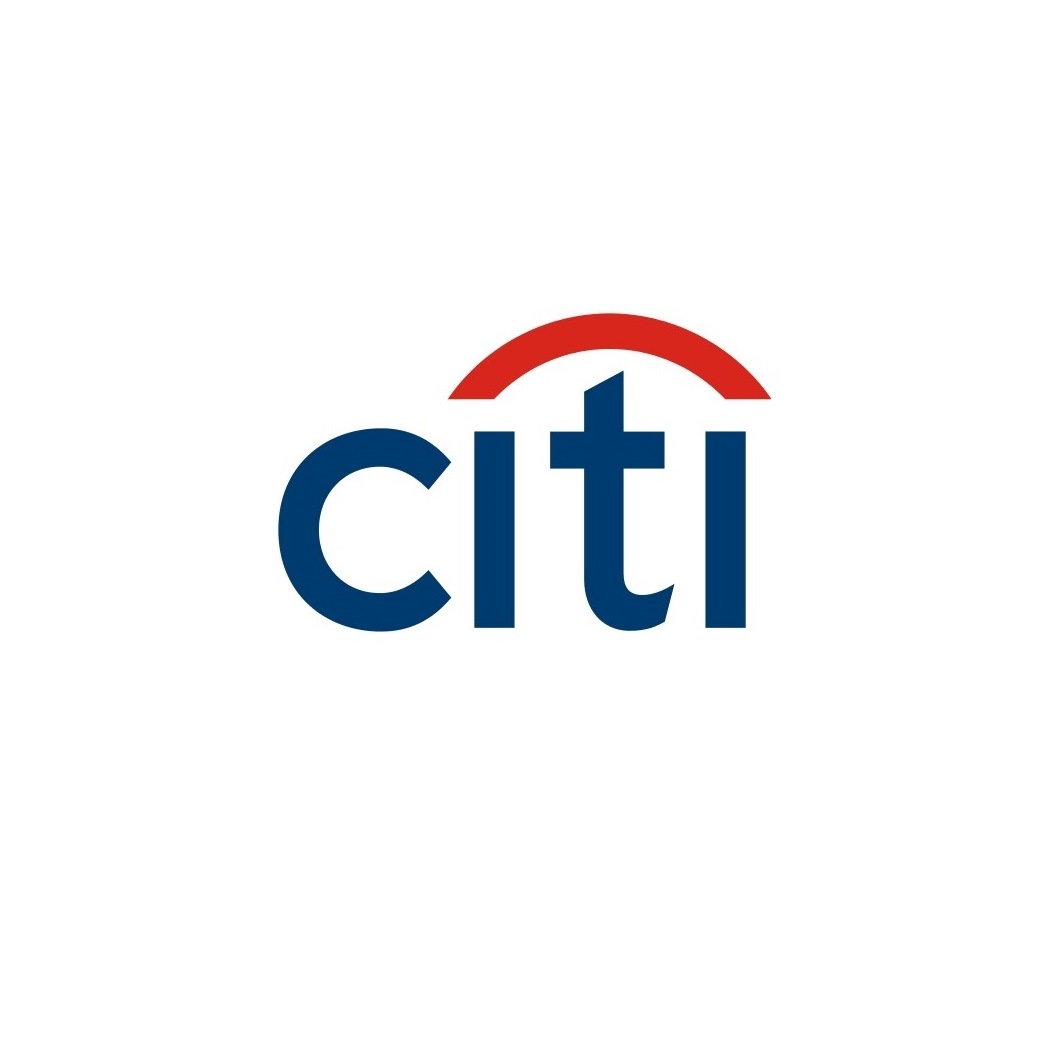Banking, finance, and taxes
Citigroup Earnings Will Reveal the Extent of Black Monday and Glencore Damage
Published:
Don’t expect Citigroup Inc. (NYSE:C) earnings to be pretty. There are three factors that could lead to an earnings miss with Citi when it reports Thursday, October 15. First is August’s Black Monday, which while not as extreme as 1987’s, could still reveal some damage to the earnings of many big banks, Citi included, that were not prepared or hedged for it. The second is that Citibank China is one of the largest institutional holders of Glencore, with 105.4 million shares, about 0.8% of the entire float and over 8% of Citibank China’s assets. That makes Citibank China ominously Glencore’s largest shareholder by percentage of total assets. Source: Wikimedia Commons
Source: Wikimedia Commons
Glencore, of course, one of the largest international energy traders, collapsed along with the fall in energy prices and is buckling under the weight of its own debt. Though shares have doubled since bottoming, they are still 65% off their 52-week highs, which belies just how drastically they fell. With just this one trade, Citibank’s China subsidiary assets could be down over 5% (65% of 8%). Bank of America has estimated that global bank exposure to Glencore could be as much as $100 billion.
How Citigroup was positioned ahead of Black Monday also will be revealed in its earnings. The stock itself, along with most major bank shares, provide a hint as bank stocks had slid even lower into late September while the S&P largely sprung back from the late August crash. Banks like Morgan Stanley (NYSE: MS) and Goldman Sachs Group Inc. (NYSE: GS), for example, have largely stagnated while other sectors have recovered from the sell-off.
ALSO READ: Jefferies Franchise Pick Stocks to Buy That Also Pay Big Dividends
Another possible cue can be taken from BlackRock Inc. (NYSE: BLK) earnings, which is the largest institutional holder of Glencore through its various subsidiaries. In total, BlackRock owns nearly 350 million shares, more than Glencore’s single largest institutional holder, which is Norway’s sovereign wealth fund. The worse BlackRock does, the worse Citigroup can be expected to perform.
A final clue can once again be taken from the money supply, which was stagnant for most of last quarter and which is only increasing modestly now. The relationship between banks, bank shares and the stock market is a dangerous positive feedback loop, because it is bank lending itself that leads to higher asset prices. If banks don’t lend enough, there is not enough money in the system to bid up stock prices generally. Less lending also means less interest earned by banks, which could also show up in Citigroup earnings.
The silver lining is that if Citigroup’s earnings are lackluster and lead to a heavy drop in its share price, the chances of a strong recovery in the coming quarter are high. Money supply is now starting to accelerate faster and should peak around January, as it usually tends to do. Holiday spending tends to increase credit and bank lending as consumers need more money. Traders can take advantage of any major drop in Citigroup for decent gains in the coming quarter.
ALSO READ: 8 Fresh Analyst Stock Picks With 50% to 100% Upside
Finding a qualified financial advisor doesn’t have to be hard. SmartAsset’s free tool matches you with up to 3 fiduciary financial advisors in your area in 5 minutes. Each advisor has been vetted by SmartAsset and is held to a fiduciary standard to act in your best interests. If you’re ready to be matched with local advisors that can help you achieve your financial goals, get started now.
Thank you for reading! Have some feedback for us?
Contact the 24/7 Wall St. editorial team.